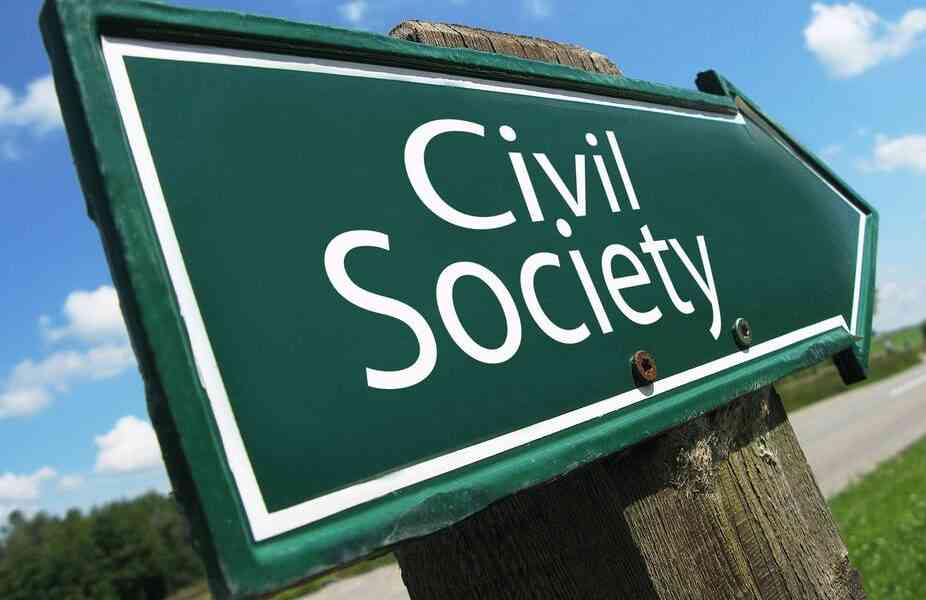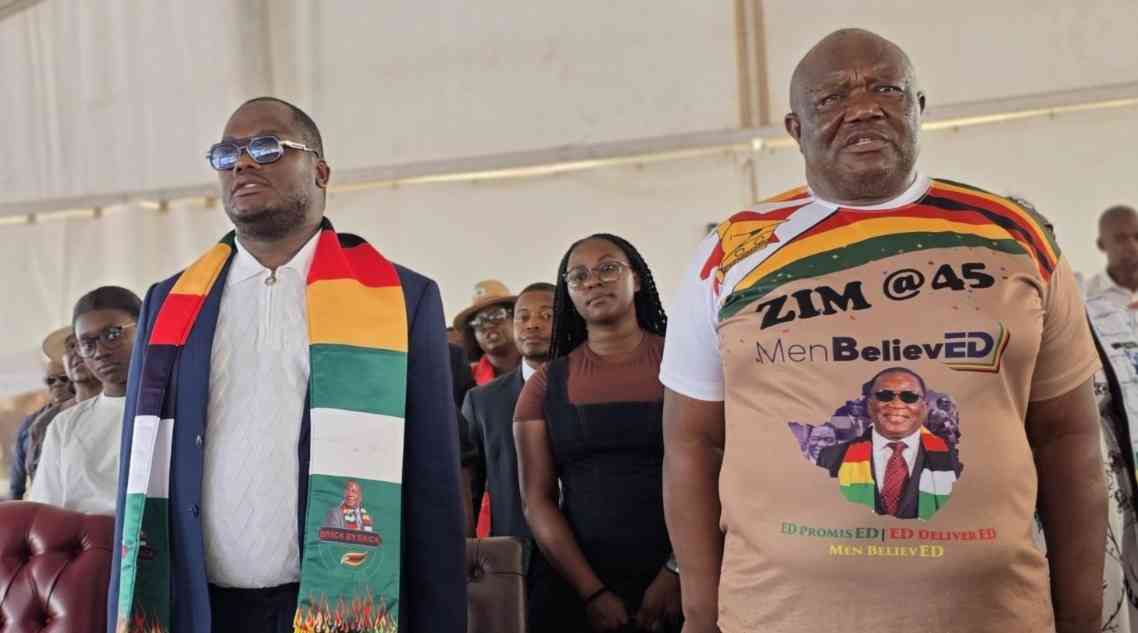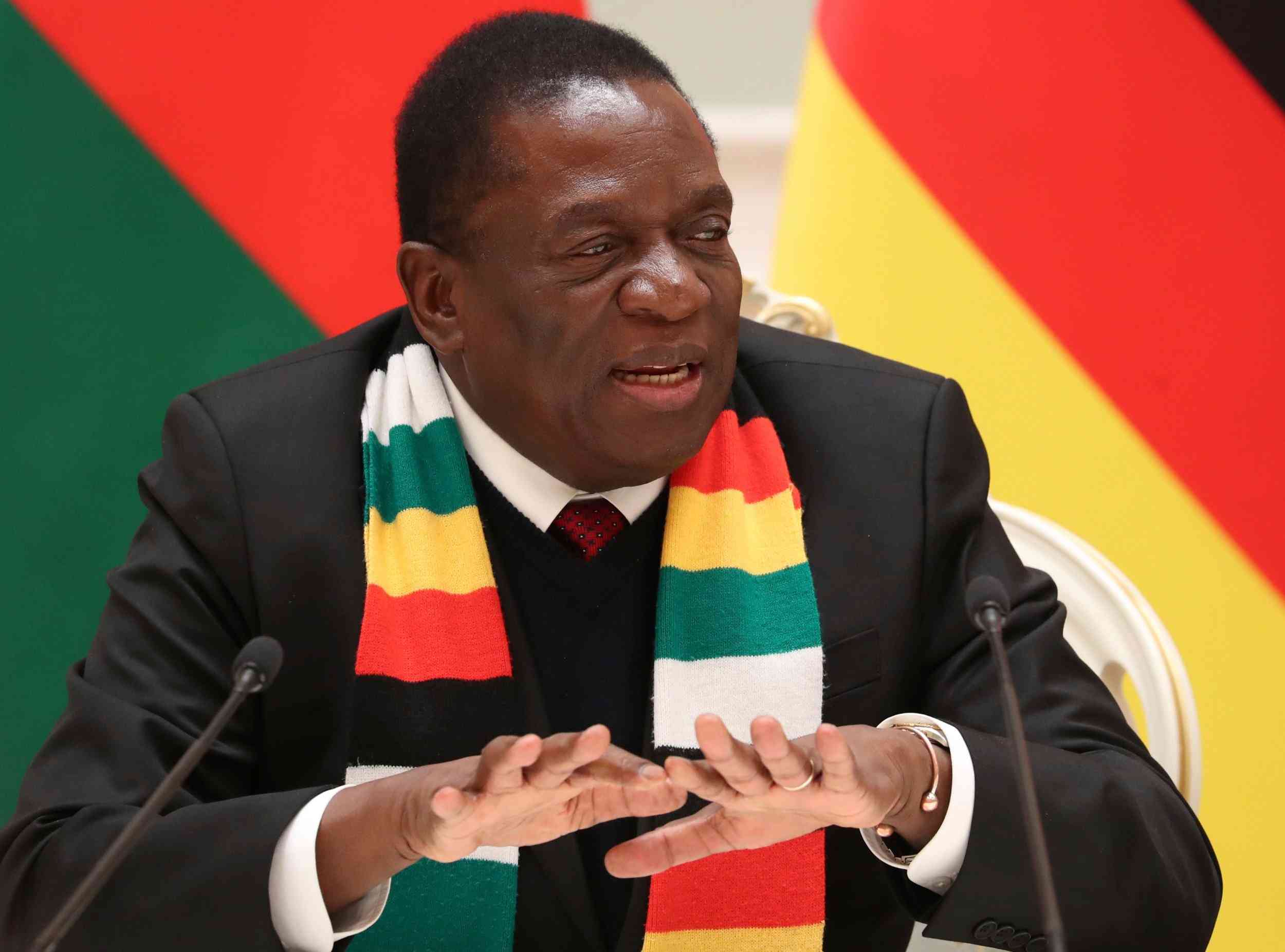
FOR the very first time in the young history of Zimbabwe, the country has deregistered a staggering 291 private voluntary organisations (PVOs) for reportedly failing to work according to government’s set regulations and guidelines.
While we are not disputing the reasons why government decided to revoke the PVOs licences, it is the timing of the deregistration and the probity that are a bit of a concern, not only to us, but many others.
Deregistering such a large number of non-governmental organisations (NGOs) as the nation heads for a general election, and especially after the government has, for quite some time, been accusing some of these organisations of meddling in politics in an alleged effort to effect regime change in the country, raises eyebrows.
The deregistration comes hard on the heels of government’s approval of proposed amendments to the PVOs Amendment Bill, which has sailed through the National Assembly and is set to be debated in the Senate later this month.
The Bill, among other things, seeks to: Combat money laundering and financing of terrorism by any individual or institution in Zimbabwe operating under the PVOs banner; streamline the administrative procedures for PVOs to ensure their efficient registration and regulation; accord the registrar of PVOs the power to penalise non-compliant organisations; prohibit PVOs from political involvement … by undertaking political lobbying on behalf of any individual, organisation or political party; empower the registrar to impose civil penalty orders on PVOs which break the law, with high-risk PVOs being placed under monitoring. The executive committee of a PVO can be suspended for either maladministration or failure to discharge the declared mandate.
Given these quite explicit and very noble objectives of the Bill, we would have thought that instead of summarily withdrawing the licences of these PVOs, government — in the letter and spirit of the Bill — should have simply suspended the NGOs according to their specific offences.
We do not believe that the offences of these PVOs are identical, neither do they deserve to have their licences withdrawn in the first place.
The PVOs Amendment Bill specifically states that “high-risk PVOs (are) placed under monitoring” and not that their licences should be withdrawn. The same Bill further states: “The executive committee of a PVO can be suspended for either maladministration or failure to discharge the declared mandate,” but the PVO is never deregistered for breaking the law.
- Mavhunga puts DeMbare into Chibuku quarterfinals
- Bulls to charge into Zimbabwe gold stocks
- Ndiraya concerned as goals dry up
- Letters: How solar power is transforming African farms
Keep Reading
It is, therefore, curious that government has rushed to deregister these otherwise first-time offenders without giving them the chance to repent. We believe government acted unfairly and too harshly on these PVOs by not giving them a second chance to right their wrongs, hence the widespread sentiment that this move could have been politically motivated to silence PVOs that promote nationals’ voting rights and critical thinking in citizens when it comes to electoral processes.
Sadly, the deregistration of the 291 PVOs is yet another major dent to the new dispensation’s promise to promote democracy in the Second Republic.











